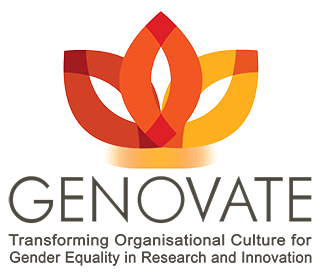 The GENOVATE Community is a platform which enables GENOVATE partners to share institutional information and case studies, and facilitates the coordination of a buddy system for bench learning.
The GENOVATE Community is a platform which enables GENOVATE partners to share institutional information and case studies, and facilitates the coordination of a buddy system for bench learning.
The GENOVATE Community consist of seven GENOVATE partner institutions; the GENOVATE International Advisory Board; key strategic collaborators and stakeholders and the general public. It is a mechanism designed to facilitate meaningful knowledge exchange across the community at local, national and international levels within each of the partner institutions’ countries, across Europe and globally.

How to improve the societal relevance of technology and innovation
Integrating a gender perspective in research and innovation content, helps improve the scientific quality and societal relevance of the produced knowledge, technology and/or innovation. The H2020 project, OPTi, is a good example. The aim of the project is to contribute to next-generation district heating and cooling systems.
In order to strengthen the innovativeness of the project and create competitive advantage OPTi aims to mainstream a gender perspective in selected, relevant project activities e.g. decision-making, communication and user participation. The project’s ambition is to question ingrained gender roles, ways of thinking and working in order to enhance creativity and innovation. The OPTi consortium had the second face-to-face meeting in Athens on Sep. 9-11 2015.
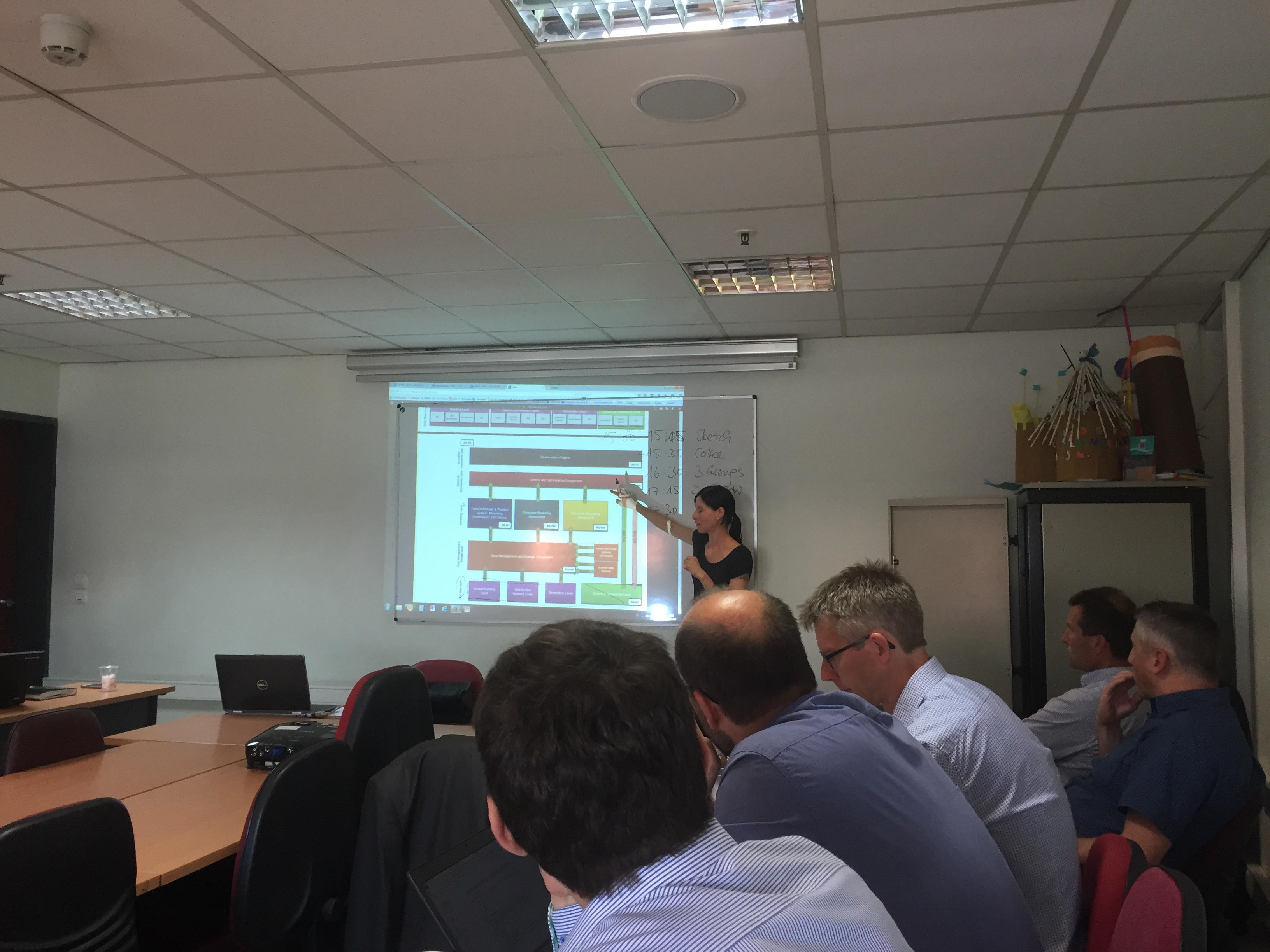
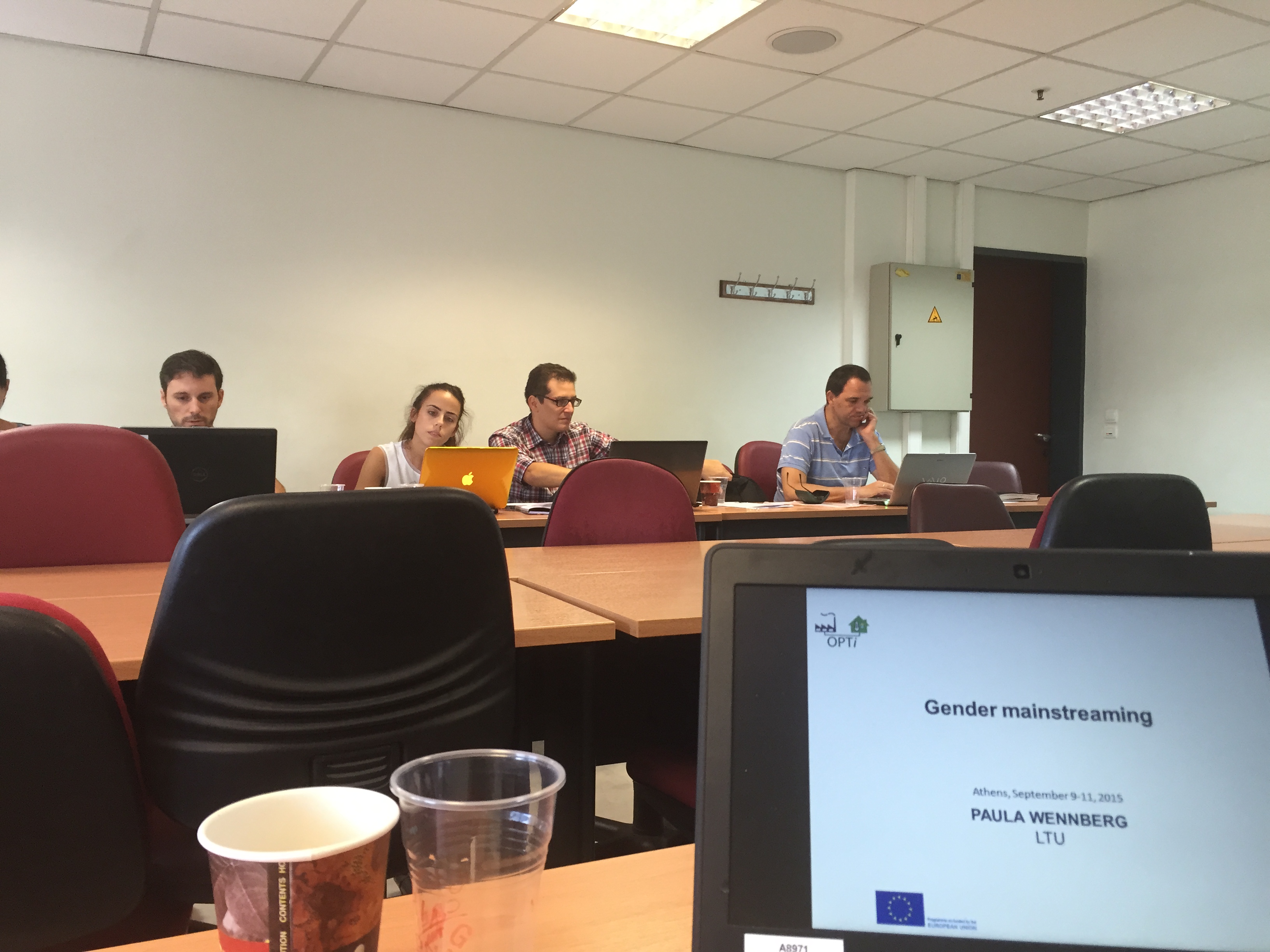
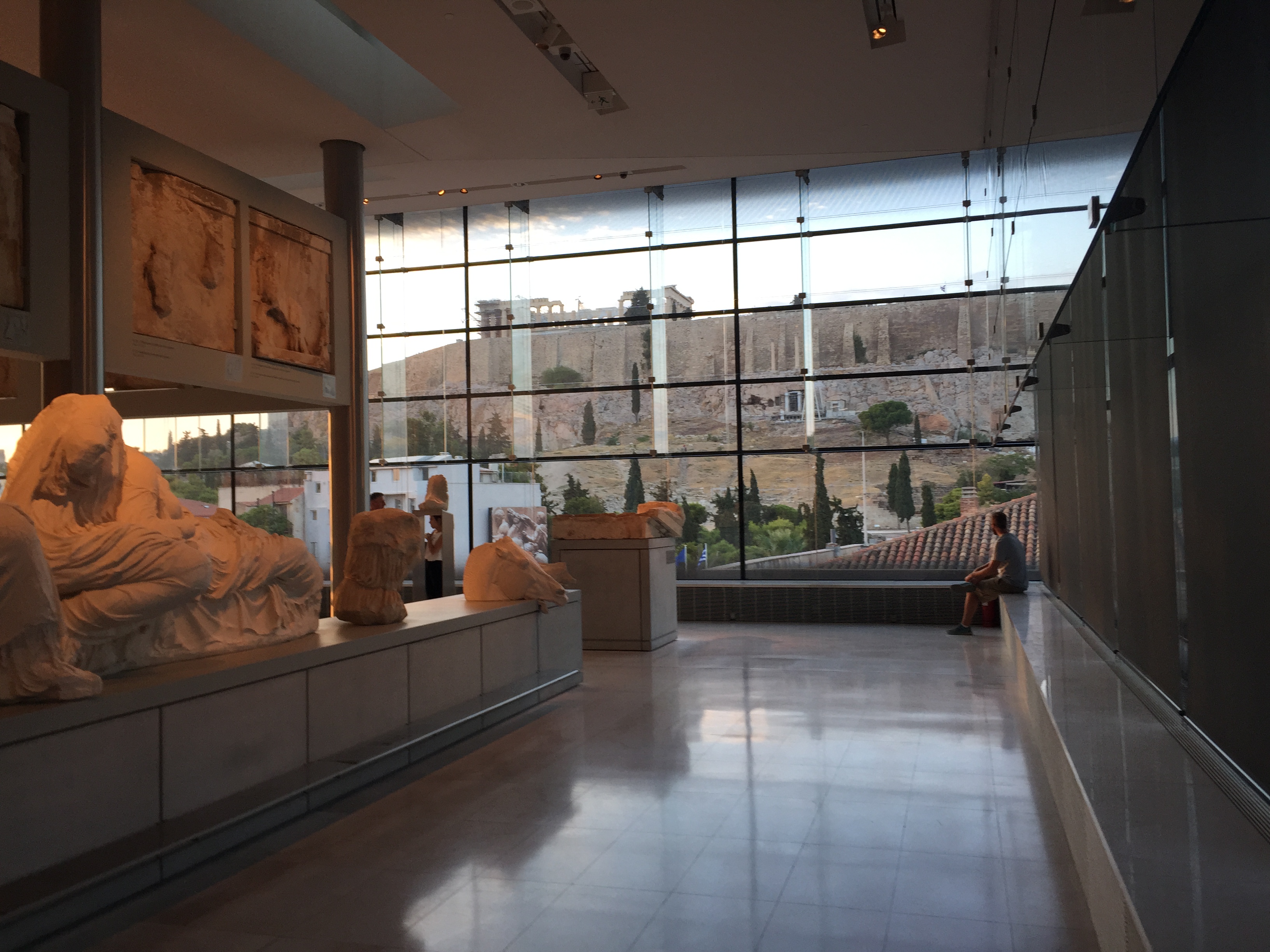

-Research that does not consider sex and gender analysis in the scope, impact and utility of results may not be equally valid for both men and women, according to the report, Gendered Research and Innovation, which was published on 14 September. Read the news article on the web site of Research Professional https://www.researchprofessional.com/0/rr/news/europe/universities/2015/9/LERU-highlights-dearth-of-gender-data.html
-The failure of academics to account for sex and gender-based differences can undermine the quality of research and even risk lives. Link to the report by the League of European Research Universities (LERU): “Gendered Research and innovation: Integrating sex and gender analysis into the research process” on http://www.leru.org/files/publications/LERU_AP18_Gendered_research_and_innovation_final.pdf
The link to the EU Commission topics with a gender dimension on http://ec.europa.eu/research/participants/portal/desktop/en/opportunities/h2020/ftags/gender.html#c,topics=flags/s/Gender/1/1&+callDeadline/desc

Genovate results presented and discussed at the EARMA 2015 conference in Leiden, Netherlands. Around 40 people participated in the discussion after the talks of Carina Mattsson and Paula Wennberg.
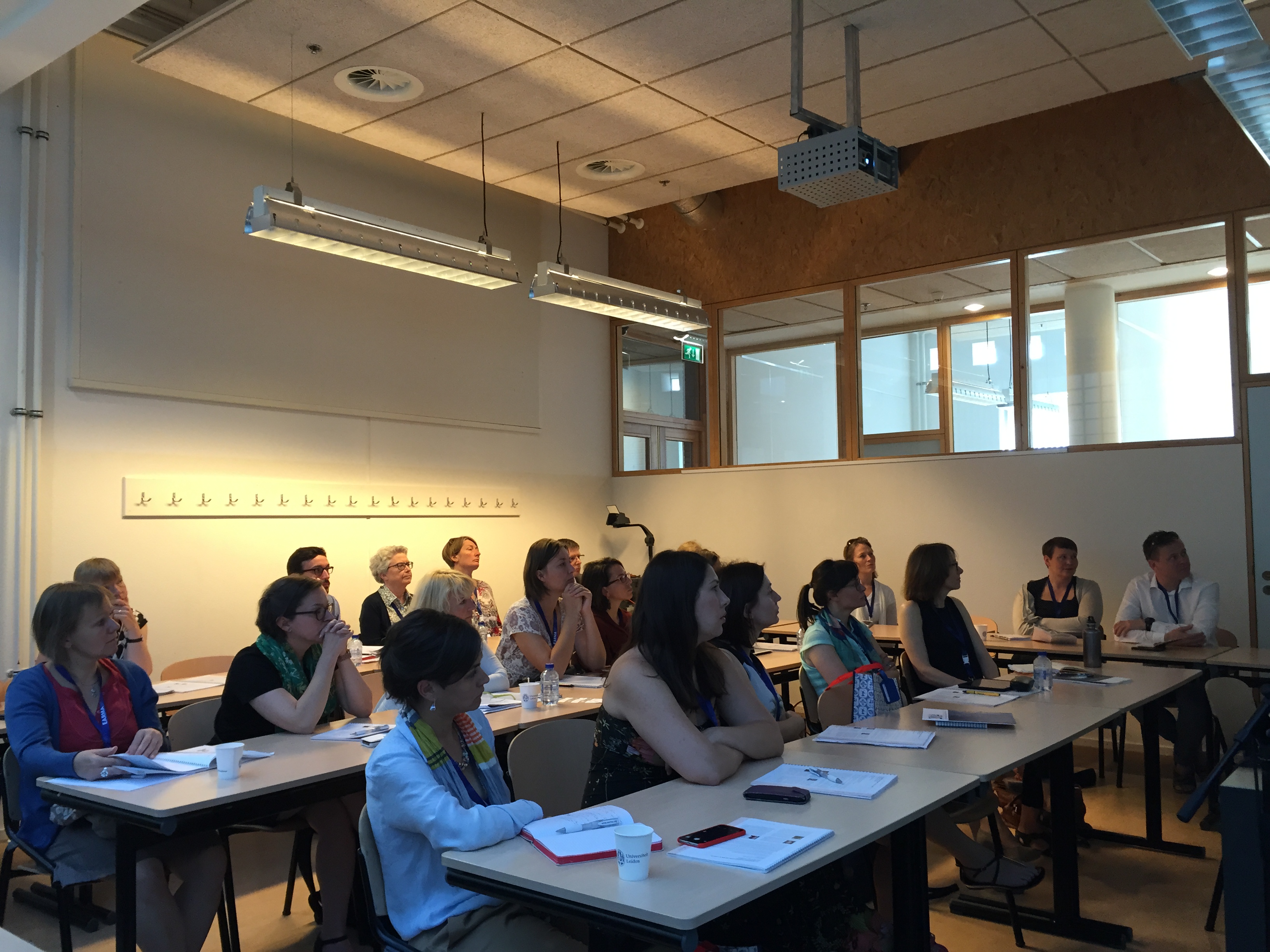
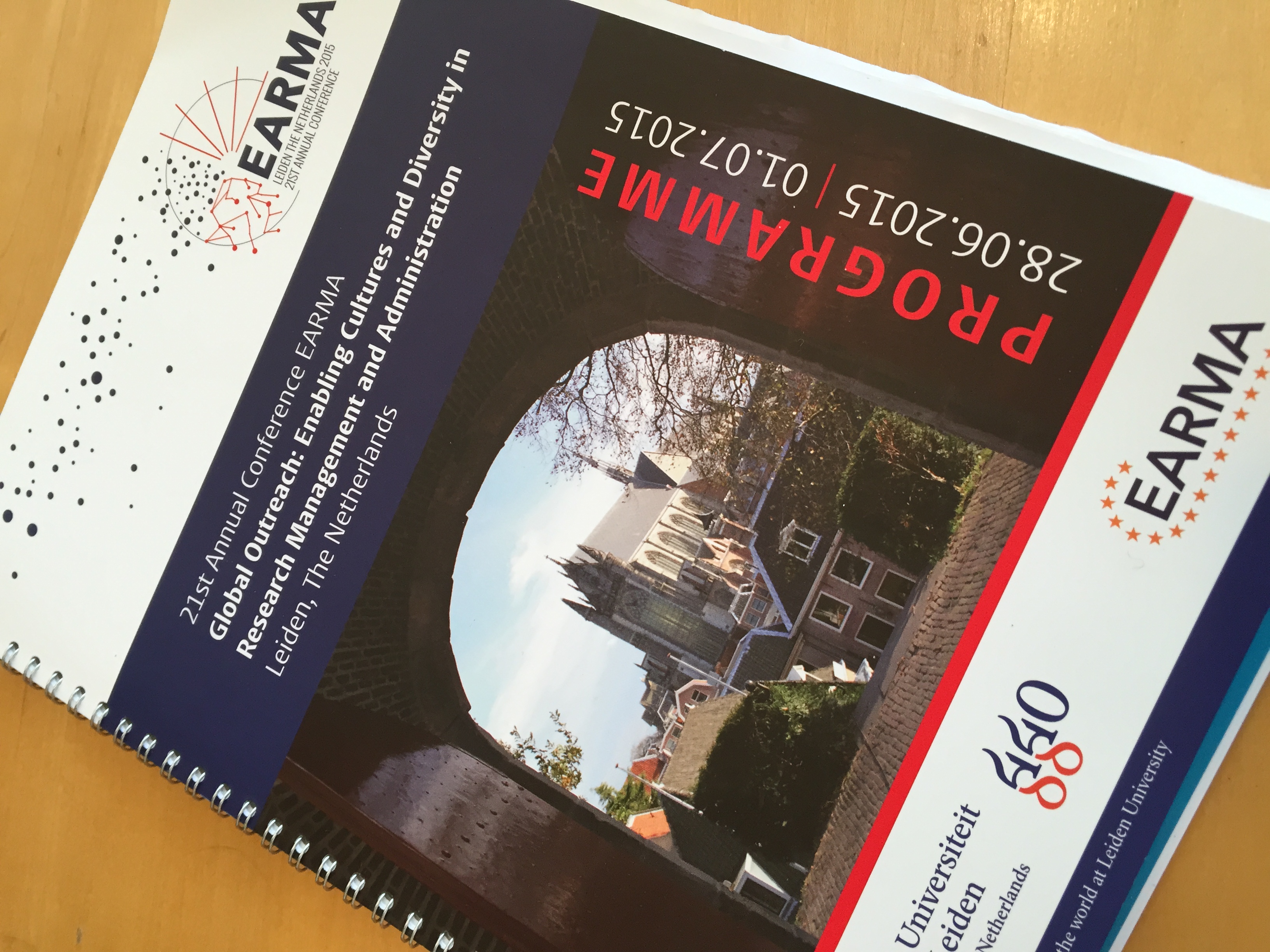
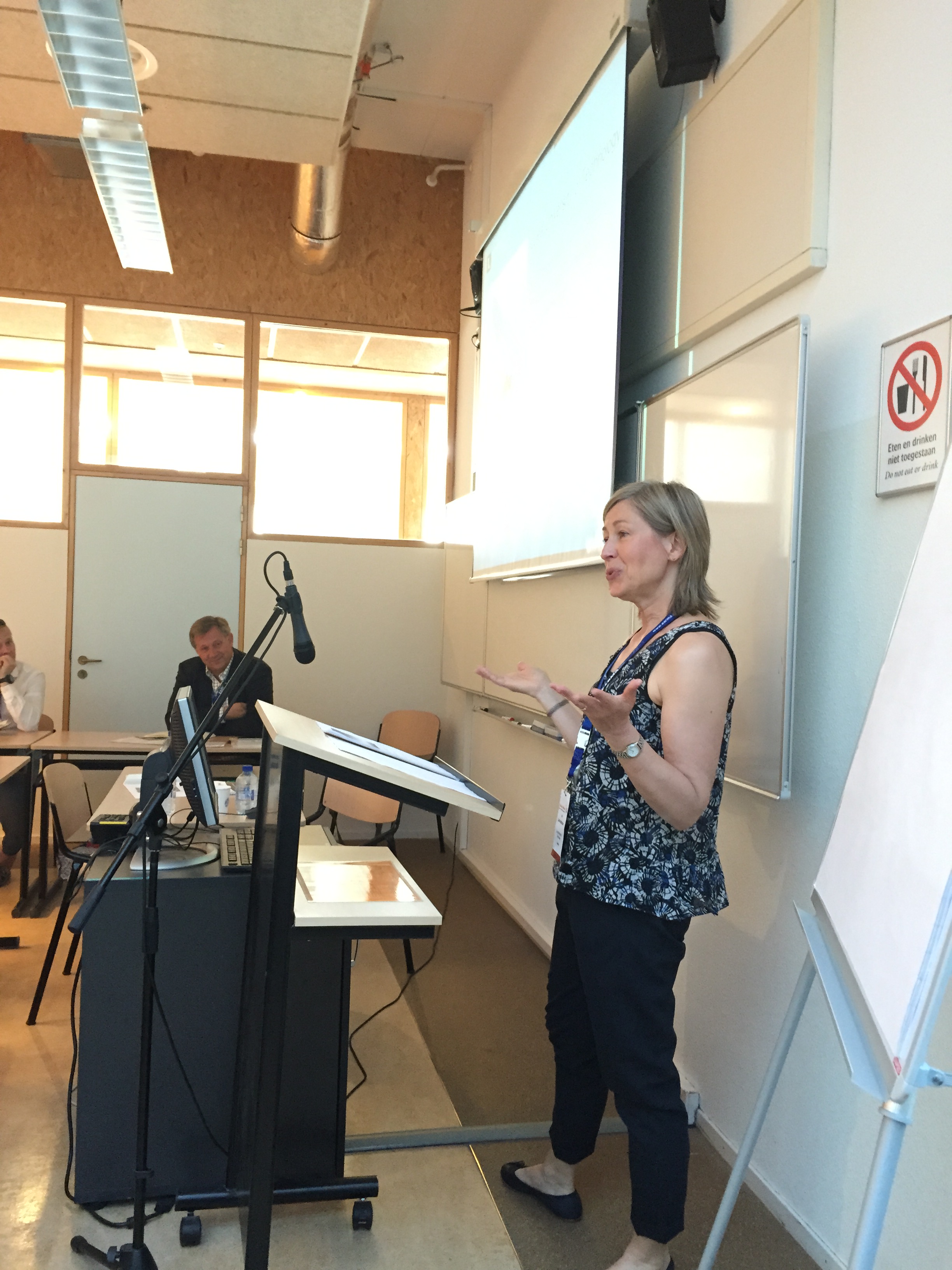

Innovation - in terms of new realised ideas - has in policy and research often been reduced to new commersialised technological products. The recently raised interest in combatting societal challenges by innovative means has widened the view on innovation, though, acknowledging the importance of a multitude of forms, actors, sectors, industries and disciplines.
Malin Lindberg, associate professor at Luleå University of Technology, presents in today's Stop&Share session the most recent research on inclusive innovation, where gender and joint knowledge development by the academy, industry and society are crucial components.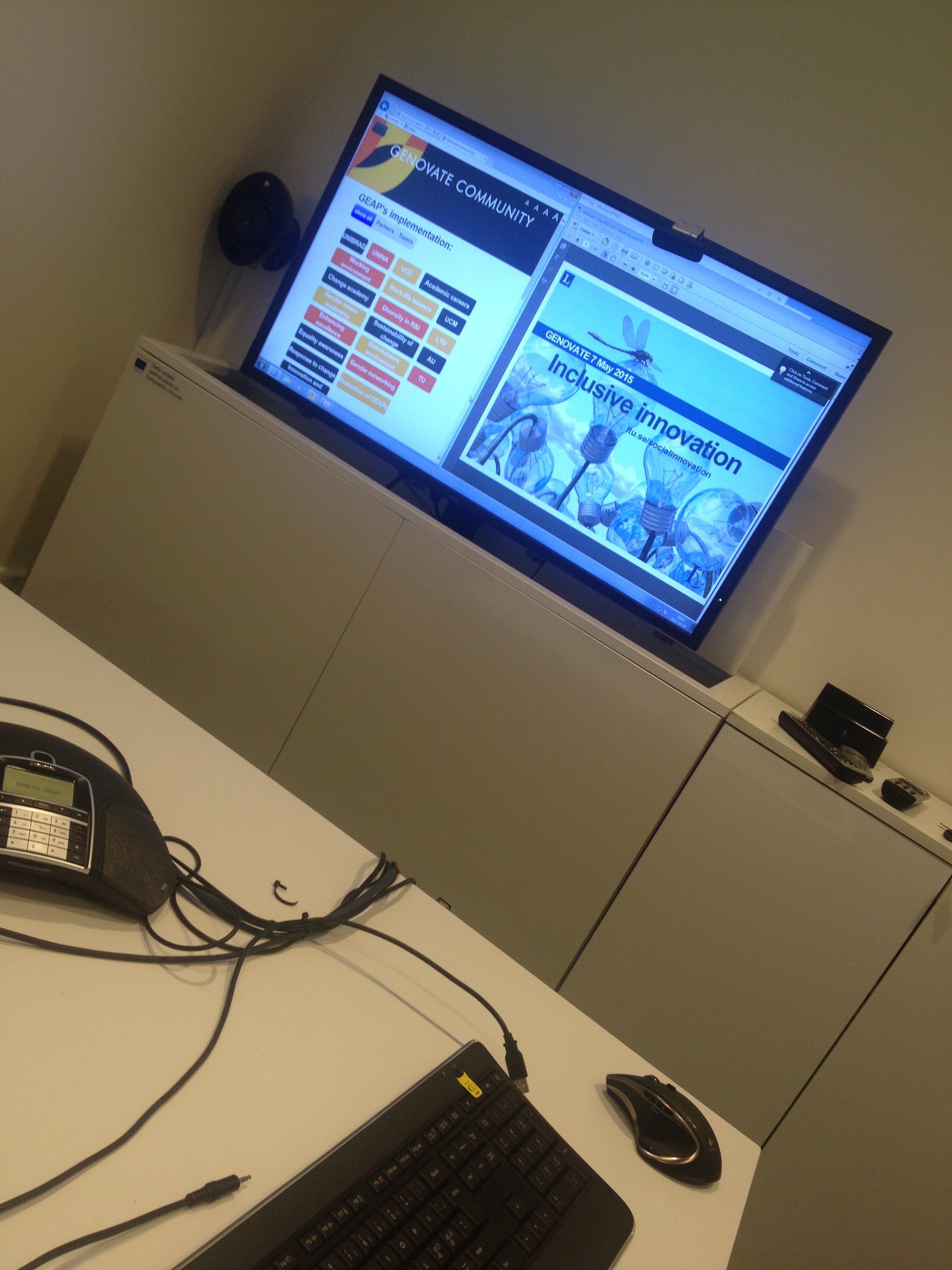

Videos featured on the Gendered Innovations website http://genderedinnovations.stanford.edu/video_landing.html. Londa Schiebinger, Gendered Innovations, Stanford University, welcomes you to use these in class or in other instructional ways.

EARMA Certificate in Research Leadership will be launched in the fall of 2015. One of the topics on the meeting agenda of April 15 in Oslo, Norway is how to embed the gender equality dimension in the leadership programme. We also had time to see the beautiful Oslo Opera House.
The Certificate in Research Leadership is designed for senior research managers, heads of office and directors who wish to demonstrate their professional expertise as senior leaders. The content of the training programme is being developed by the EARMA Professional Development Working Group during 2014-2015.
Read more http://earma.org/Certification
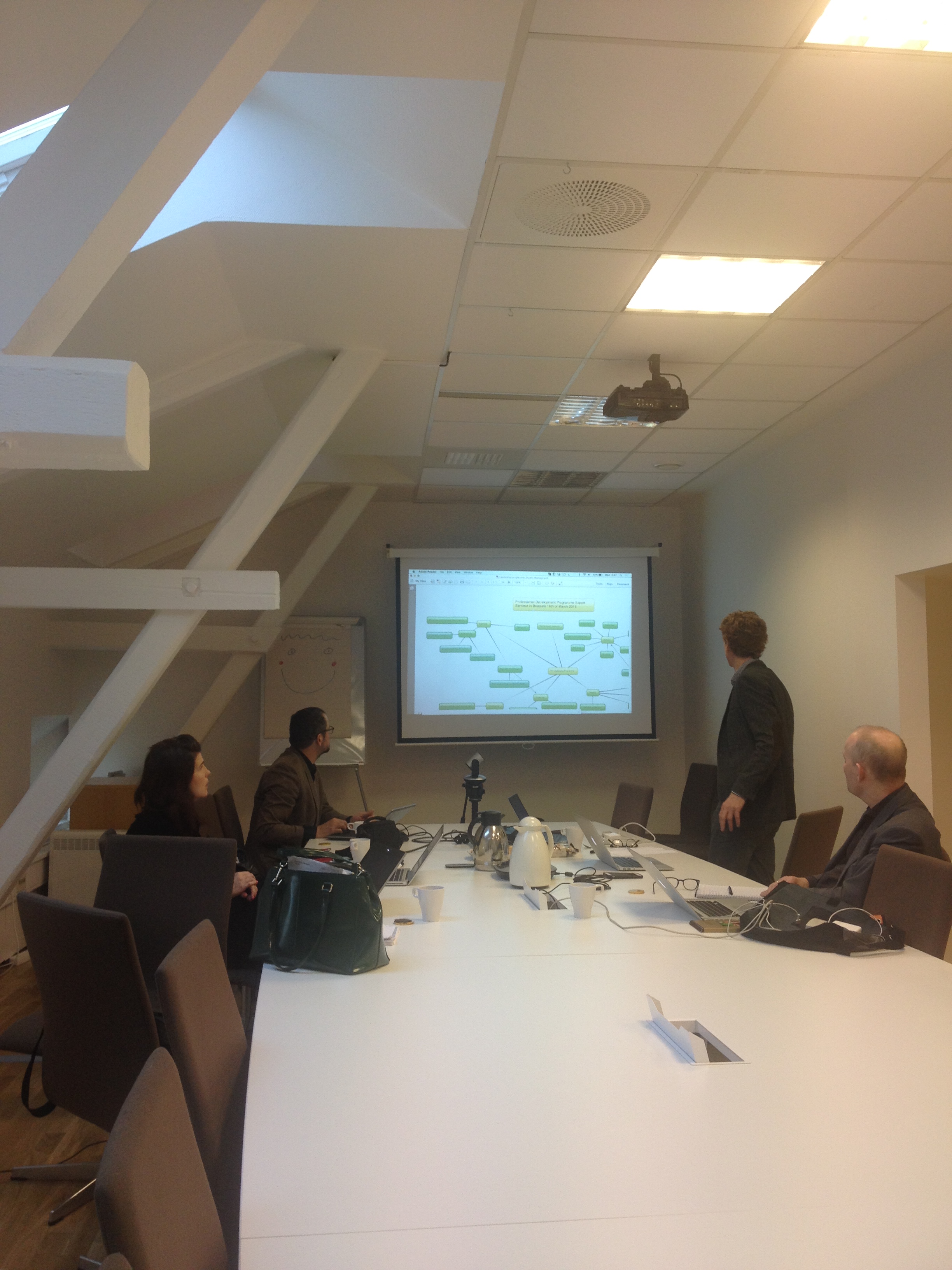
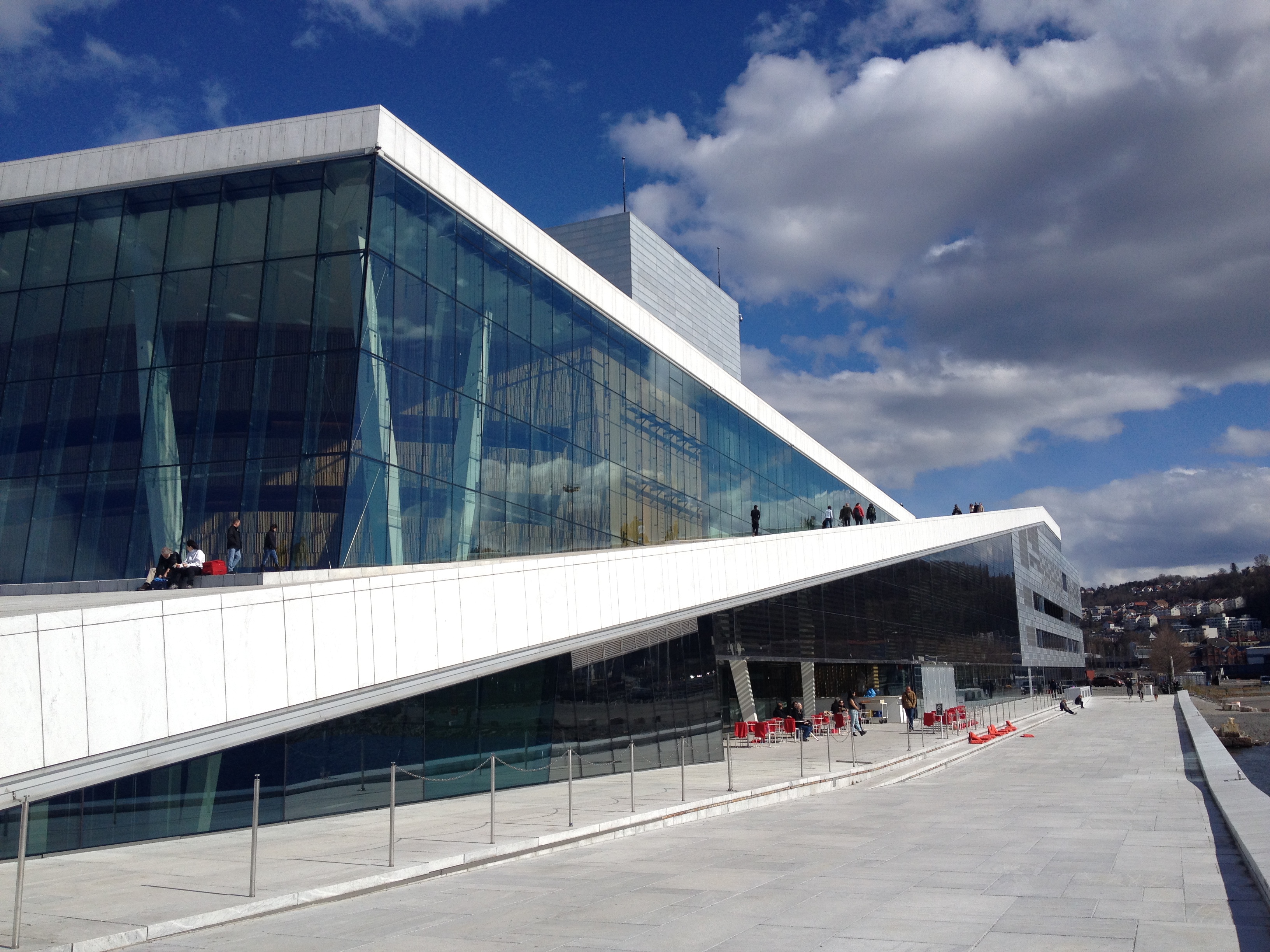
Powered by Multicategories for Joomla!2.5